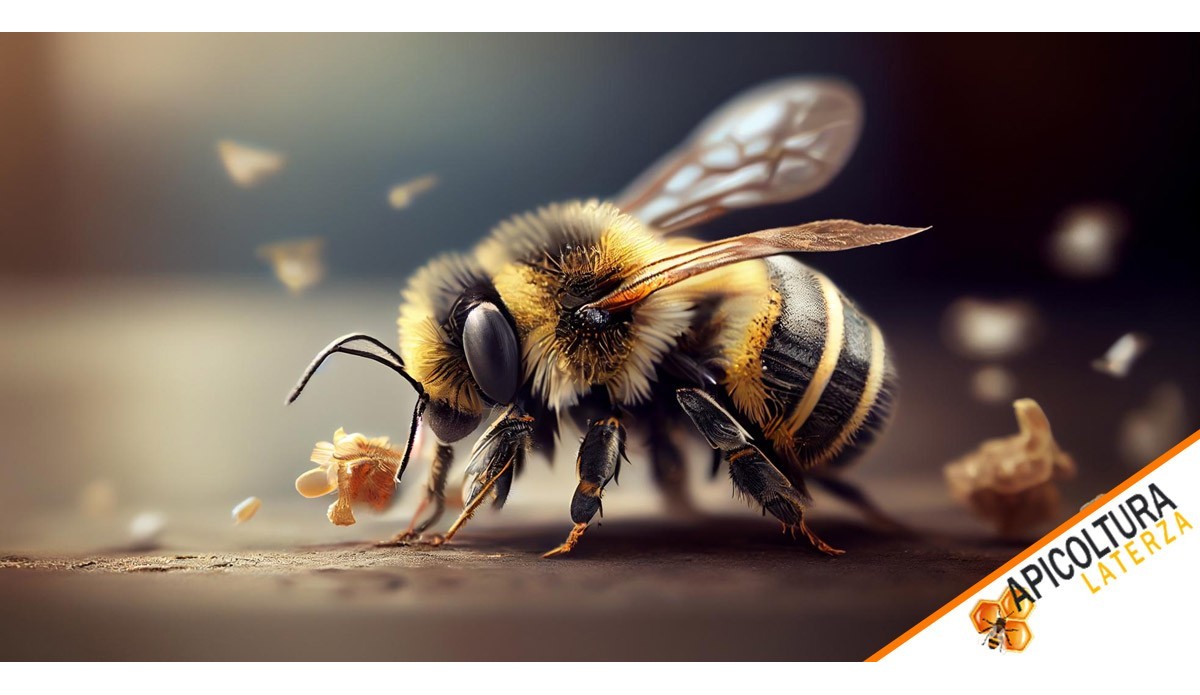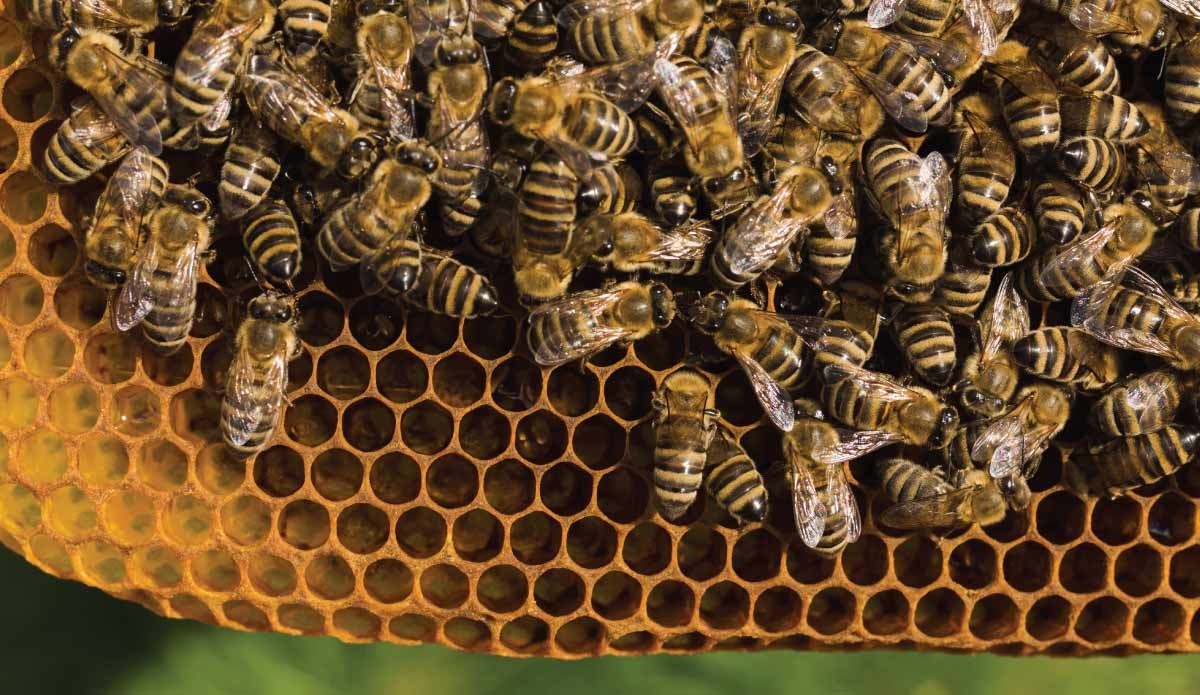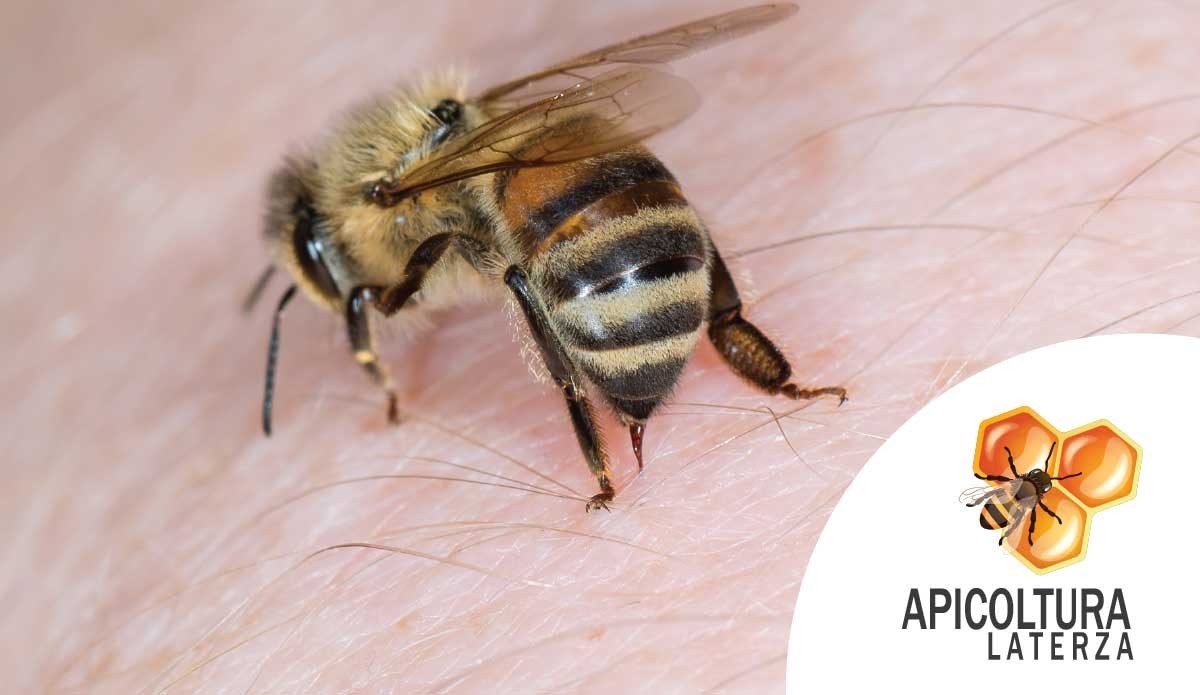The Queen Bees: Curiosity and Honey Production in Italy

Queen bees are fascinating creatures and fundamental to ecosystems and beekeeping. These insects, known for their longevity, their size and their fecundity, are the only type of bee capable of laying eggs and ensuring the growth of the hive. But there is much more to discover about these extraordinary creatures.
Queen bees are fascinating creatures and fundamental to ecosystems and beekeeping. These insects, known for their longevity, their size and their fecundity, are the only type of bee capable of laying eggs and ensuring the growth of the hive. But there is much more to discover about these extraordinary creatures.
Features and Curiosities of Queen Bees
One of the most surprising peculiarities of queen bees is their diet. Unlike other bees, queens feed on royal jelly, a nutrient-rich food that contributes to their size and longevity.
Another unique feature of queen bees is the cell in which the egg is laid. This cell is considerably larger than those of worker bees and drones.
Queen bees also have a particular vision, which is the subject of numerous studies. This developed sense helps them navigate and recognize members of their colony.
Perhaps one of the most surprising curiosities is that queen bees fight each other. When multiple bees are created with this feature, they fight with the sting until there is only one left. This behavior, known as "queen dueling", determines who will be the next queen of the hive.
Honey Production in Italy
Turning to the production of honey in Italy, the data show a complex situation. In 2018, honey production in Italy stood at over 23.3 tons. However, in 2019, production dropped to around 15,000 tonnes, against an expectation of over 23,000.
In 2020, the first estimates indicated a slight increase with about 17 thousand tons. However, honey production in Italy has taken a hit in recent years. In regions such as Tuscany and Emilia-Romagna, honey production has dropped by 95%.
This decrease has been attributed to various factors, including climate change and bee disease. Despite these challenges, beekeeping remains an important sector in Italy.
There are 68,684 beekeepers in Italy, of which 47,957 produce for self-consumption (69.8%) and 20,727 are VAT registered who produce for the market (30.2%). Italian beekeepers have a total of 1,412,792 hives and 220,033 swarms.
The Importance of Bees for the Ecosystem
Bees are not only producers of honey, they also play a crucial role in our ecosystem. These insects are essential for pollination, a process that allows fruit fertilization and growth.
Without bees, many of the foods we consume on a daily basis would not exist. Bees contribute to biodiversity and the survival of many other species, including ours2. More than 40% of the invertebrate species, especially bees and butterflies, which guarantee pollination, risk disappearing. In Europe, 9.2% of bee species are currently threatened with extinction3.
In conclusion, queen bees and beekeeping in general are of vital importance for the ecosystem and the economy. Despite the challenges, beekeeping remains an important sector in Italy and around the world. It is imperative that we continue to protect and support these amazing creatures and their invaluable work.






